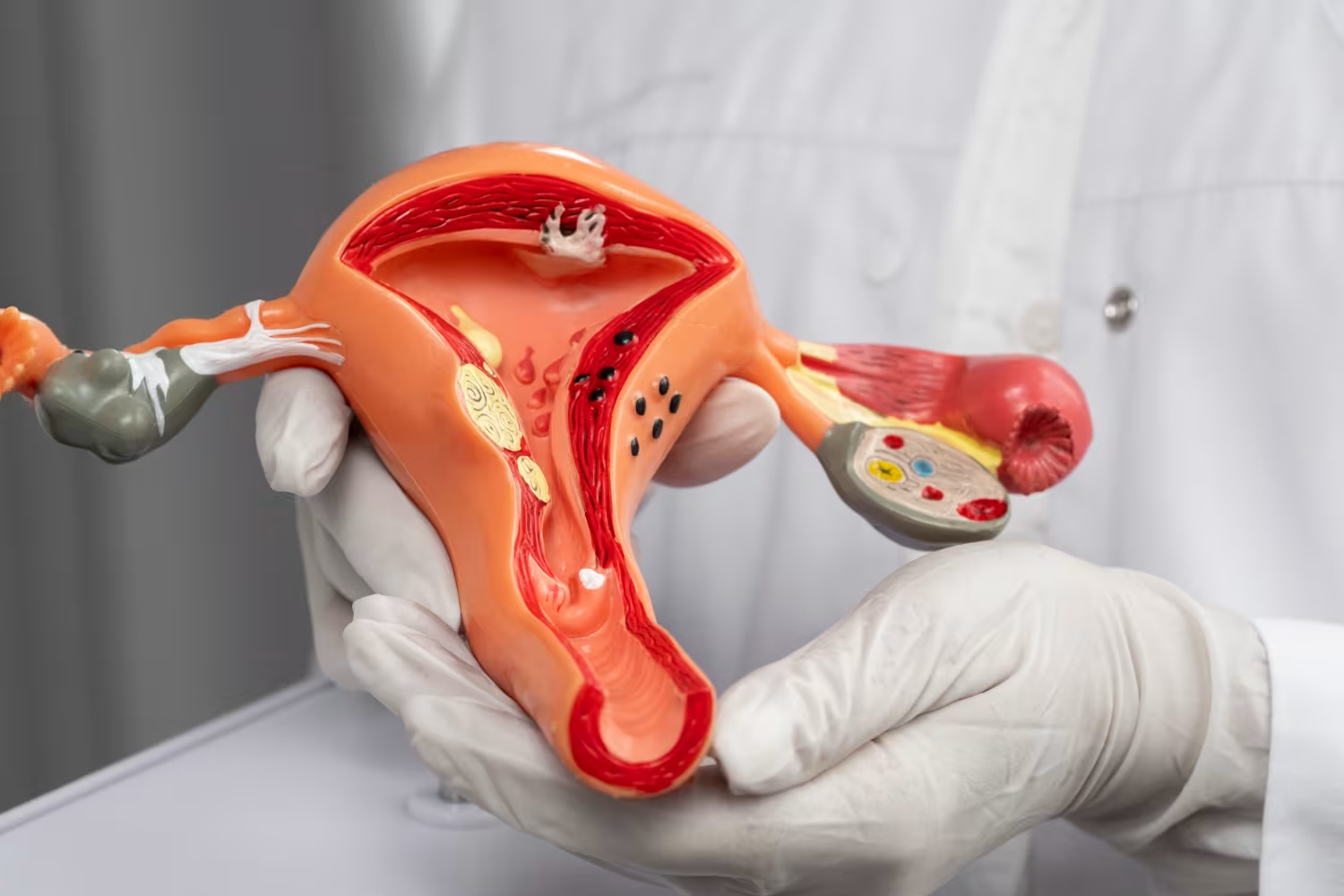
A cervical smear test (also known as a Pap smear or cervical screening) examines the cells on the cervix for early changes. Our approach uses HPV primary screening: first, the test detects high-risk human papillomavirus (HPV), which is the main risk factor for cervical cancer. If HPV is found, reflex cytology is performed on the same sample to look for abnormal cells. This two-step method increases sensitivity and reduces false negatives.
Unlike a cancer test, cervical screening aims to prevent cancer by catching changes early enough for treatment or monitoring.

If you have symptoms such as bleeding after sex, unusual discharge, pelvic pain, or bleeding between periods, please book a GP consultation first.

The procedure is quick—usually just a few minutes. Most patients feel mild discomfort rather than pain. Chaperones are available on request. Private Medical Clinic emphasises low discomfort (average score ~2/10) and patient comfort measures.




Reviews from patients across our UK clinics.
No. Cervical screening does not diagnose cancer. Instead, it looks for high-risk HPV and abnormal cell changes that could turn into cancer if left untreated. By detecting these changes early, cervical smears significantly reduce the risk of cervical cancer developing.
Yes. Although NHS screening starts at 25, private cervical smear tests are available for women under 25, especially if sexually active, have a history of HPV, or want peace of mind. Your clinician will discuss whether private cervical screening is appropriate for you.
Most women describe the smear test as uncomfortable rather than painful. You may feel some pressure from the speculum, but it should only last a few minutes. Our clinicians will talk you through the process and stop at any time if you are uncomfortable.
Private cervical smear results are usually available within a few working days (depending on lab turnaround times). We will contact you securely to explain your results and the next steps.

.avif)


.avif)






.avif)
.avif)
